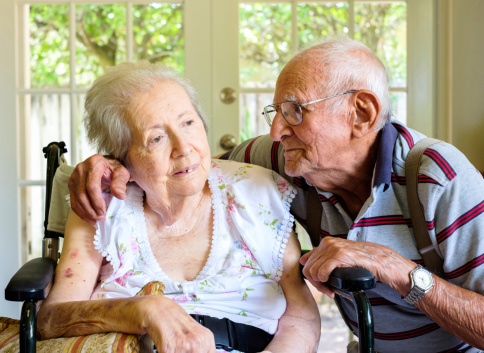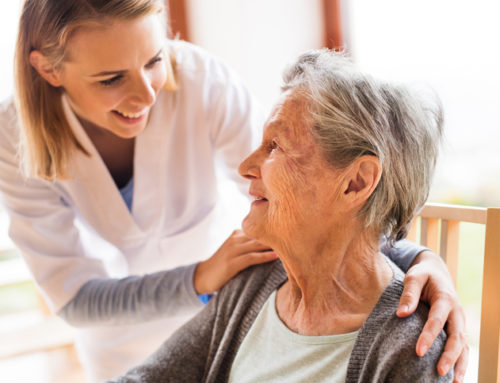Alzheimer’s Disease has become a household name—most people know what this means… memory lapses, personality changes, reduced language and ability to express oneself and the ultimate loss of independence.
To date, 5.5 million adults in the United States have this most common form of dementia–it is estimated that by 2050, approximately 13.8 million who are over age 65 will be have Alzheimer’s Disease.
What are the reasons for this uptick in diagnosis and death?
Fortunately, due to education and global Alzheimer’s Awareness campaigns, caregivers and patients, themselves, are seeking earlier medical evaluation for potential diagnoses. And because of this, doctors and coroners are actually able to produce more accurate reporting of this disease and the deaths associate with it. than before.
Interestingly enough, fewer people are succumbing to other illnesses due to modern day medicine; treatments, drugs, and other medical advances are helping people to live longer—increasing the overall risk of getting AD. (According to the CDC, deaths from AD have increased 55% from 1994 to 2014)
In addition, the National Vital Statistics System states that:
- Most deaths from AD are in nursing homes and long-term care facilities; however, this rate has declined from 67.4% to 54.1%.
- The number of deaths that occur at home have increased from 13.9% to 24.9%; an indicator that too much burden is being put on the caregivers. Most adults with AD are over 65 years old and is the 5th leading cause of death in this age group.
AD creates a burden on the family way beyond the actual physical demands that it endures and the emotional and financial distress can become overwhelming. As discussed in previous articles, caregiver burnout is one of the biggest problems affecting family members—the deterioration of both the physical and mental capacity of the patient eventually takes its toll on all those involved.
Alzheimer’s Disease progresses at different rates for each individual. Dressing, eating, bathing and toileting usually becomes a challenge as the dementia worsens, hence the need for more care and assistance. Together, with proper security measures in place, such as a door alarm to prevent the patient from wandering or driving the car, or knob protection for stoves, the potential for needless accidents or mishaps that may lead to death or serious injury may be averted.
Although, to date, there is no known cure, modern medicine and the ability to detect and diagnose AD, is much easier and quicker than in years past, giving caregivers the help they need in caring for their loved ones.





